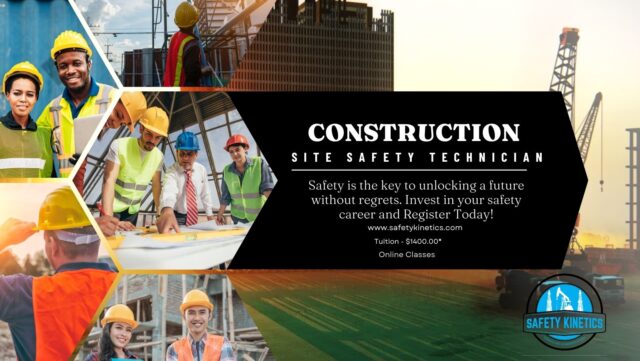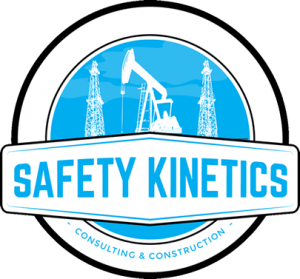
The construction industry is the backbone of urban development, shaping skylines and communities worldwide. Amid the hustle and bustle of construction sites, there is a crucial aspect that often goes unnoticed – construction safety. Working in construction safety is not just a job; it’s a commitment to ensuring the well-being of those who build our world.
Protecting Lives and Promoting Well-being
Construction sites are inherently risky environments, with heavy machinery, elevated structures, and a myriad of potential hazards. One of the primary reasons to work in construction safety is the opportunity to make a tangible difference in people’s lives by preventing accidents and ensuring everyone goes home safely each day. Construction safety professionals play a pivotal role in implementing and enforcing safety protocols, conducting regular inspections, and fostering a culture of awareness among workers. By promoting well-being and preventing accidents, safety experts contribute to the overall health and longevity of the workforce.
Regulatory Compliance and Legal Fulfillment
The construction industry is subject to stringent safety regulations and standards designed to safeguard workers and the public. Professionals working in construction safety are responsible for ensuring that these regulations are not just met but exceeded. This involves staying updated on the latest safety guidelines, conducting thorough risk assessments, and implementing measures to mitigate potential hazards. By excelling in regulatory compliance, construction safety specialists not only protect lives but also shield construction companies from legal ramifications. The ability to navigate and uphold these standards is a critical skill that can lead to a fulfilling and impactful career in construction safety.

Contributing to Industry Advancement
As technology evolves, so does the field of construction safety. Working in this dynamic sector provides professionals with the opportunity to embrace cutting-edge technologies and innovative practices. From implementing state-of-the-art safety monitoring systems to developing training programs using virtual reality, construction safety specialists actively contribute to the advancement of safety practices within the industry. This intersection of technology and safety not only makes the job intellectually stimulating but also positions safety professionals as key players in shaping the future of construction work. By staying ahead of the curve, individuals in construction safety can drive positive change and set new benchmarks for industry standards.
Great Pay
Construction is one of the U.S. economy’s largest and most important sectors. With the entire industry valued at more than $1.36 trillion, there is a lot of money in construction.
Craft skills are unique and high in demand, meaning wages can be particularly good in the construction industry. Construction site safety technicians have an average base salary of $70,986, or about $34.13/hour.
On top of these strong base salaries, additional incentives for travel and overtime can increase take-home pay, in some cases to six figures.
Working in construction safety goes beyond the confines of a traditional job; it’s a commitment to fostering a culture of safety and well-being in an industry that shapes the world around us. The opportunity to protect lives, ensure regulatory compliance, and contribute to industry advancement makes a career in construction safety both rewarding and essential. As we continue to build the future, let’s not forget the importance of those dedicated to building it safely.
